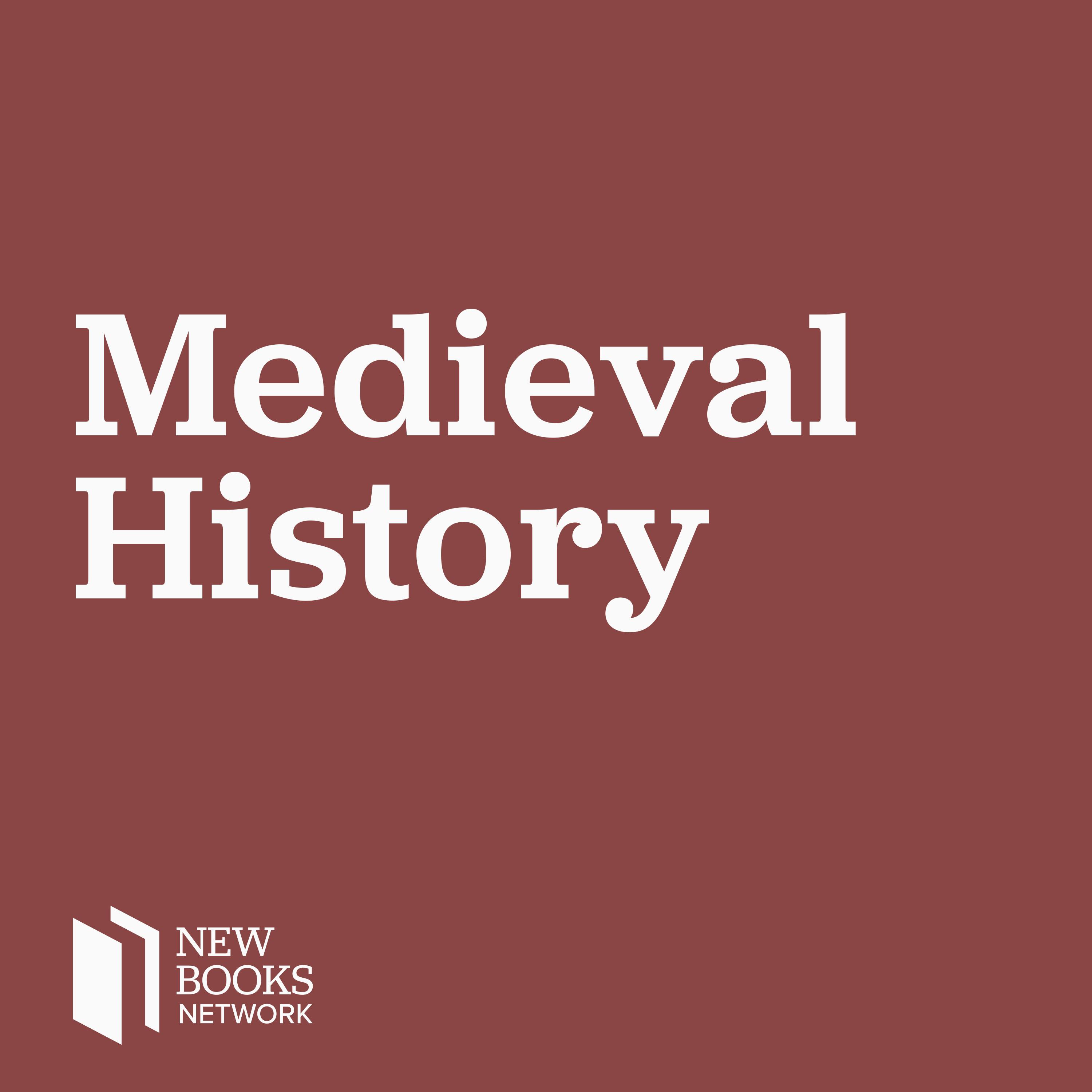Abbey Stockstill, "Marrakesh and the Mountains: Landscape, Urban Planning, and Identity in the Medieval Maghrib" (Penn State UP, 2024)
Description
Over the course of the Almoravid (1040–1147) and Almohad (1121–1269) dynasties, mediaeval Marrakesh evolved from an informal military encampment into a thriving metropolis that attempted to translate a local and distinctly rural past into a broad, imperial architectural vernacular. In Marrakesh and the Mountains: Landscape, Urban Planning, and Identity in the Medieval Maghrib (Penn State University Press, 2024), Dr. Abbey Stockstill convincingly demonstrates that the city’s surrounding landscape provided the principal mode of negotiation between these identities.
The contours of mediaeval Marrakesh were shaped in the twelfth-century transition between the two empires of Berber origin. These dynasties constructed their imperial authority through markedly different approaches to urban space, reflecting their respective concerns in communicating complex identities that fluctuated between paradigmatically Islamic and distinctly local. Using interdisciplinary methodologies to reconstruct this urban environment, Dr. Stockstill broadens the analysis of Marrakesh’s mediaeval architecture to explore the interrelated interactions among the city’s monuments and its highly resonant landscape. Marrakesh and the Mountains integrates Marrakesh into the context of urbanism in the wider Islamic world and grants the Almoravid and Almohad dynasties agency over the creation and instantiation of their imperial capital.
This interview was conducted by Dr. Miranda Melcher whose new book focuses on post-conflict military integration, understanding treaty negotiation and implementation in civil war contexts, with qualitative analysis of the Angolan and Mozambican civil wars.
Learn more about your ad choices. Visit megaphone.fm/adchoices
More Episodes
Published 11/23/24
During the early medieval Islamicate period (800–1400 CE), discourses concerned with music and musicians were wide-ranging and contentious, and expressed in works on music theory and philosophy as well as literature and poetry. But in spite of attempts by influential scholars and political...
Published 11/12/24
Filippo Gianferrari, "Dante's Education: Latin Schoolbooks and Vernacular Poetics" (Oxford UP, 2024)
In fourteenth-century Italy, literacy became accessible to a significantly larger portion of the lay population (allegedly between 60 and 80 percent in Florence) and provided a crucial means for the vernacularization and secularization of learning, and for the democratization of...
Published 11/06/24


